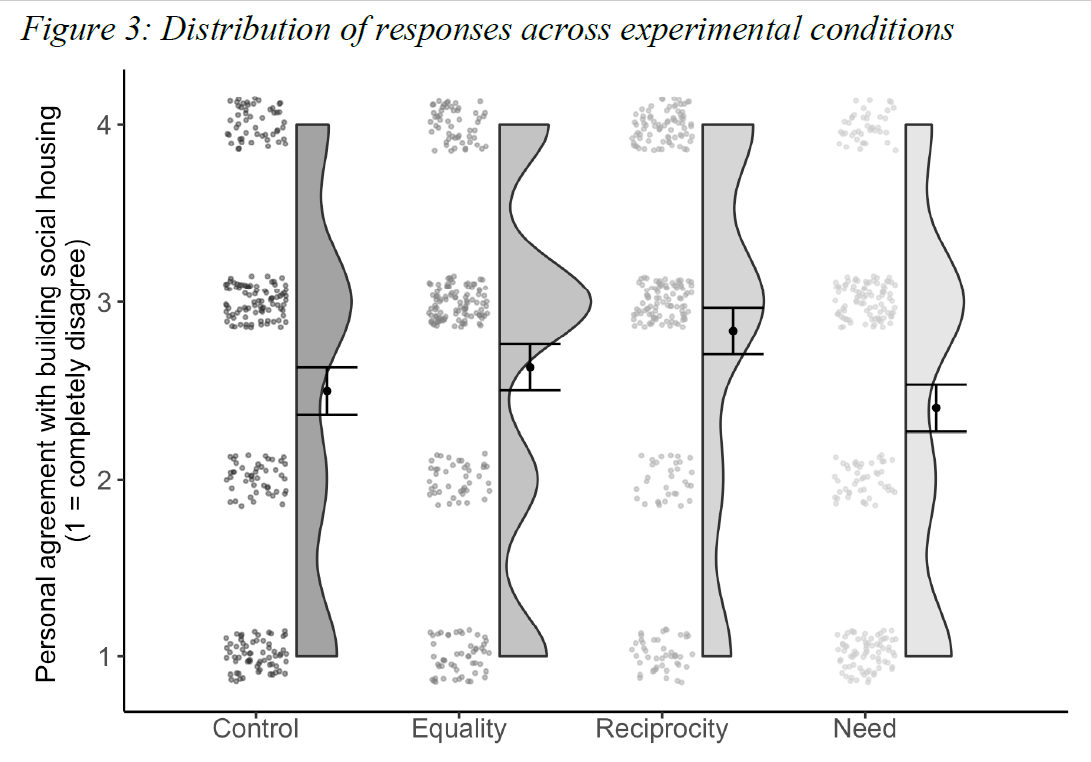Appeals to proportional distributive fairness mitigate ethnocentric bias in policy evaluation
- October 29, 2021
- Roman Hlakty (and co-authors)
The literature on welfare chauvinism shows that ethnocentric bias reduces individual support for outgroup redistributive policies.
To limit bias, scholarship suggests framing policies universally or focusing on beneficiary deservingness. However, policies intended to support disadvantaged groups and ensure equity cannot always be framed in universal terms. Moreover, individuals hold minoritized groups to a deservingness double standard.
Thus, we ask: what are effective ways of mollifying ethnocentric bias in policy evaluation?
We argue that policy frames employing distributive fairness norms can bolster support for outgroup redistributive policies. We test our claims through three experiments in the Slovak Republic with the Roma as the outgroup.
Frames using the distributive principle of reciprocity reduce ethnocentric bias amongst majorities; conversely, frames centered around the principle of need garner minority support.
Given salient anti-Roma prejudice, we consider our findings a floor. For less stigmatized outgroups, reciprocity frames may bolster support for redistributive policies even further.









